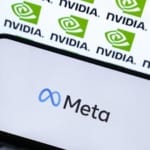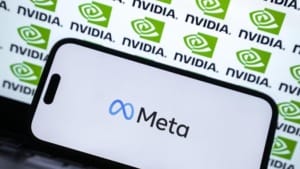Google launches Gemini AI for schools and students, raising questions about future of learning
Google launches Gemini AI in schools with safety tools and fact-checking, sparking debate on its impact on learning and student development.

You’re now seeing the next big change in Education. Google has launched its Gemini AI app across all Google Workspace for Education accounts—including students under 18. It’s a bold move designed to bring artificial intelligence directly into classrooms. But just like when calculators, the internet, and smartphones first appeared, this new step sparks debates about how learning may change forever.
Gemini offers impressive tools to help students and teachers with lesson planning, brainstorming, practice exercises, and real-time feedback. Yet, as helpful as it may seem, concerns about over-reliance, misinformation, and loss of original thought are gaining ground.
A helpful tool or a worrying trend?
At its core, Gemini is meant to be a supportive tool. It includes LearnLM, a group of AI models built especially for Education. These models were developed with input from teachers and education experts, and they aim to help students understand ideas, explore topics, and create study materials independently.
Google has added extra safety layers for younger users—those under 18. Gemini has stricter content filters and tools that teach students to use AI responsibly—organisations like ConnectSafely and the Family Online Safety Institute back these. Students also get guided onboarding, which walks them through the basics of using AI safely and ethically.
One major concern with AI in Education is accuracy. To address this, Google has added a fact-checking feature. When you ask a fact-based question, Gemini automatically runs a double-check using Google Search. You’ll get this by default the first time, and you can activate it again later whenever needed.
Keeping student data safe
Google has made it clear that privacy is a top concern. Gemini for Education follows the same strict data protection rules that are already in place for Google Workspace for Education.
So what does that mean for you? For starters, your or your child’s data won’t be used to train AI models. It also won’t be reviewed by people. Google says it’s keeping Gemini in line with major Education and privacy laws, including FERPA, COPPA, HIPAA, and FedRAMP. These rules protect student records and personal details, ensuring no sensitive information is misused.
The bigger picture
While Gemini’s launch has been smooth and well-supported, some teachers and parents are raising valid questions. Will students become too dependent on AI? Could it change how schools test knowledge or grade work? Might it make students more passive in their learning, or could it inspire deeper curiosity?
It’s a tricky balance. On one hand, tools like Gemini can save time, reduce admin work, and give teachers and learners more creative freedom. Conversely, predicting how these tools might change long-term habits and classroom culture is hard.
So, as AI becomes more common in schools, you’ll need to stay informed and involved. Technology can support learning, but it should never replace critical thinking. Gemini is here—and it’s powerful—but how we choose to use it will shape the future of Education.













